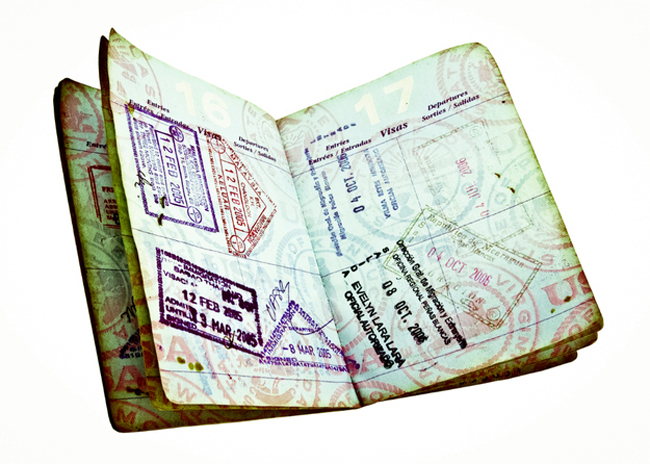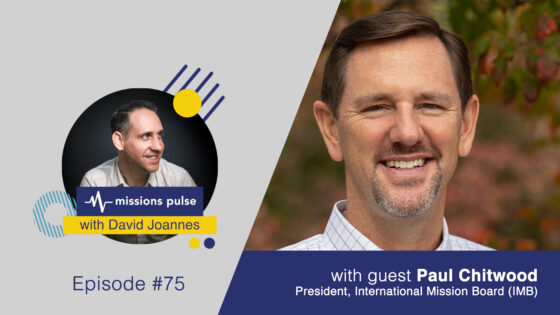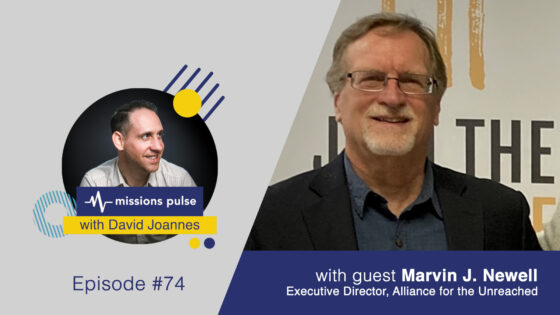I used to be normal.
I used to be normal. That was a long time ago.
A one month mission trip to Russia at age 15 began the process of my transformation from normalcy.
Smuggling Bibles from Hong Kong to China at age 16 did not help me revert back to normality either.
Sharing the gospel in India at age 17 continued the downward spiral.
And to top it all off, I moved to China at age 18.
“Normal” used to be Prescott, Arizona and baseball card collections and straight lines of vehicles in traffic.
But crossing cultures required a shift in mindset, and I began to take on a new cultural shape so as to fit the different values and scenarios I was hurled into.
I stick out like white on rice, literally.
Today, I am foreign. It defines me.
“It was very tough at first. Moving to a new country is like being born all over again. You are just like a baby. You can’t speak, you can’t move around, and you don’t know the culture.” – Humans of New York
I have always sought to “become all things to all men” while regularly ministering to unreached people groups in some of Asia’s poorest villages for well over a decade. And I have seen incredible fruit as hearts began to open to the gospel. Salvations, baptisms, discipleship and revivals. It has been rewarding. But 19 years into my missionary life, I still find myself peering into a tiny cultural keyhole, catching infinitesimal glimpses of foreign values and concepts.
I have invested my life into Asia, but after learning Mandarin, Tagalog and now Thai, I still stand on the outskirts of the cultural nucleus.
I stick out like white on rice, literally. I am aware of that.
It used to bother me. I wanted to “become Chinese”—maybe shave my forehead and grow a long Hudson Taylor-esque Chinese ponytail to blend in better. That would have been epic! But I am coming to realize that that is not the goal of a missionary.
God has actually used my foreign perspective to blaze new trails where others did not think to go. I now see my foreignness as a strength on the mission field.
C.S. Lewis knew that being foreign is normal for a Christian.
As Christians, we are sojourners in a country not our own. We are all foreign. It defines us as believers. I don’t want to “conform to the pattern of this world,” but rather, bring the values of God’s kingdom—my true home—to unreached and unengaged people groups who have yet to hear the gospel.
I am reminded of C.S. Lewis’ experience in heaven in The Great Divorce. He came to see that the “hard reality” of earth was but a thin phantom compared to the solidness of heaven.
“Walking proved difficult. The grass, hard as diamonds to my unsubstantial feet, made me feel as if I were walking on wrinkled rock, and I suffered pains like those of the mermaid in Hans Andersen… I noticed that the grass did not bend under their feet: even the dew drops were not disturbed. Then some re-adjustment of the mind or some focusing of my eyes took place, and I saw the whole phenomenon the other way round. The men were as they always had been; as all the men I had known had been perhaps. It was the light, the grass, the trees that were different; made of some different substance, so much solider than things in our country that men were ghosts by comparison. Moved by a sudden thought, I bent down and tried to pluck a daisy which was growing at my feet. The stalk wouldn’t break. I tried to twist it, but it wouldn’t twist. I tugged till the sweat stood out on my forehead and I had lost most of the skin off my hands. The little flower was hard, not like wood or even like iron, but like diamond. There was a leaf-a young tender beech-leaf, lying in the grass beside it. I tried to pick the leaf up: my heart almost cracked with the effort, and I believe I did just raise it. But I had to let it go at once; it was heavier than a sack of coal. As I stood, recovering my breath with great gasps and looking down at the daisy, I noticed that I could see the grass not only between my feet but through them. I also was a phantom. Who will give me words to express the terror of that discovery?”
You may not live in a cross cultural situation, but that does not dismiss the fact that you, as a Christian, are foreign. You are in the world but not of it.
As I write this post in a country not my own, the stark cultural differences only serve to remind me that my foreignness is a high calling to bring light to dark places; to help usher people into the reality of God’s original intention for them—that being true life, hope and love.
Have you ever felt completely foreign in a different culture? Or maybe in your own culture? Leave a comment below. I’d love to hear your story!



